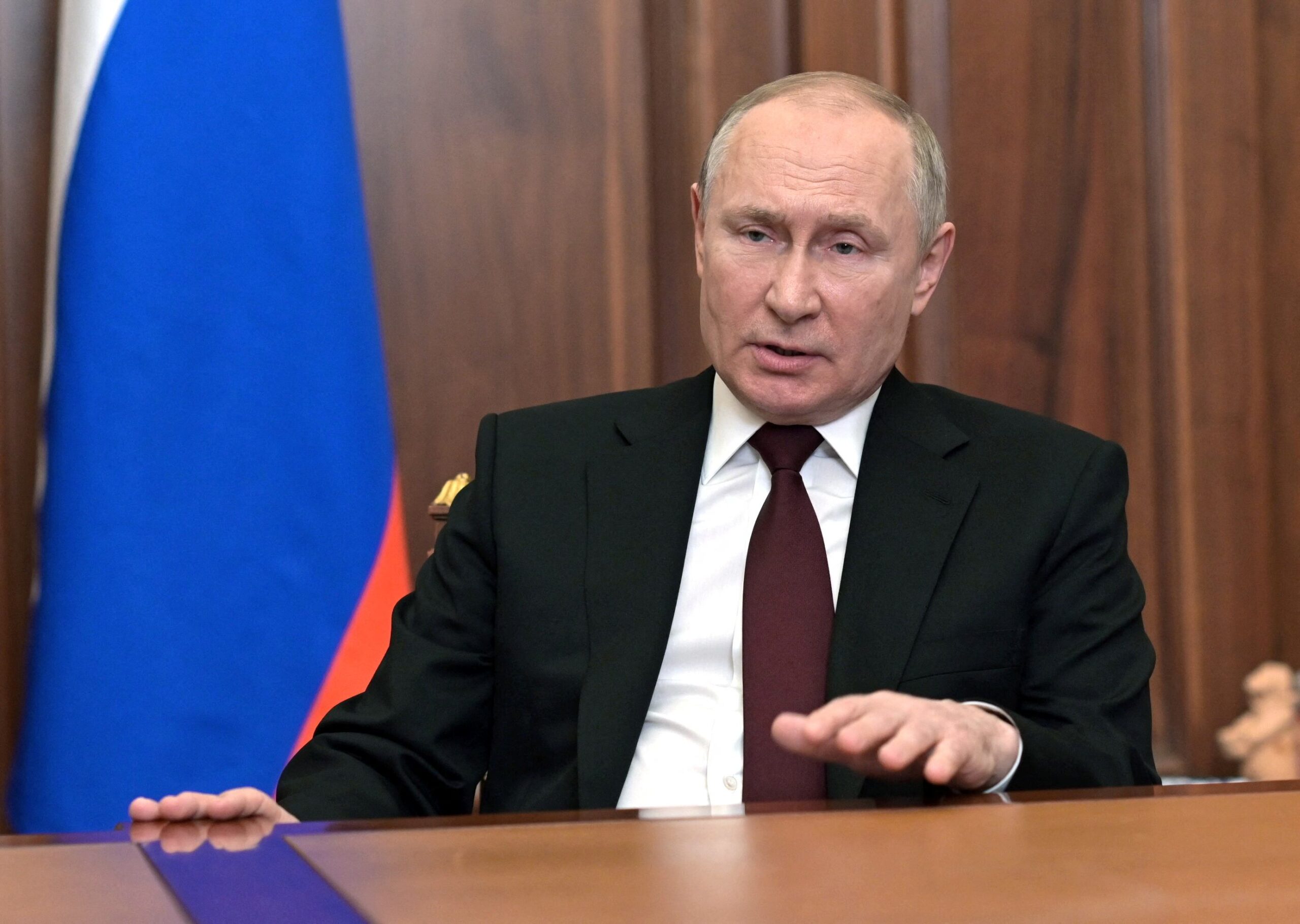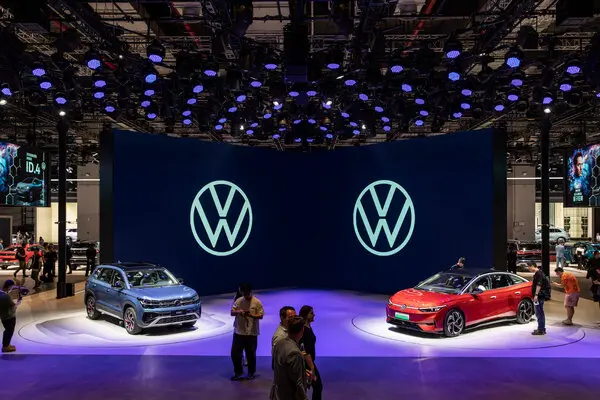Last month, the European Commission published a notice of initiation of anti-subsidy investigations into EU imports of electric vehicles (EVs) from China, erecting a new « wall » against products made in China. But this act of « double standards » by the EU, who had been a strong advocate of open markets, free trade and green development, will boomerang and even cause far-reaching, negative impacts on the whole world — no one knows how long that will take, but eventually it will.
Concerns about its future in the auto market are a major factor behind the EU’s decision. China’s auto production and sales have topped the world for 14 consecutive years, and China has surpassed Japan and become the leading exporter of automobiles in the first six months of 2023. Taking into account the advantages of Chinese EVs, UBS China predicts that Chinese car-makers could see their share of the global market double from 17% to 33% by 2030.
A tall tree catches more wind. China’s rapid growth in the field of EV has clearly hit a nerve inside the EU. The anti-subsidy probe popped up at a time when Chinese EVs demonstrate increasing competitiveness in the global market, in the name of protecting EU automobile companies from so-called « market-distorting practice ». But this decision hardly makes sense as China already terminated its subsidy scheme for EV buyers in 2022. Besides, the purchasing subsidy, designed to encourage green transition of the car industry, applied to domestic and foreign EV brands alike. The real drivers of this growing competitiveness of Chinese EVs are continual R&D investment as well as the enormous scale of the Chinese auto market, which allow car-makers to reduce production costs and present inexpensive choices for consumers. In fact, the financial subsidies openly provided by some EU countries deserve more attention. The 100 billion euros just announced by Germany to sponsor its domestic car companies in developing new EVs is an example.
So what really mattered for the EU seems not to be the subsidy itself, but the country where the EVs are produced. As the EU tries to reduce its alleged dependence on China while avoiding the word « decoupling », this kind of « investigation » will create an invisible fence to keep Chinese products out of the European market. Obviously, such practices of an exclusionary nature, solely based on the origin of the product, not only contravene the spirit of free trade and fair competition but also violate WTO obligations. If the EU is allowed to arbitrarily wield the baton of trade protectionism like this, it will inevitably delay the transformation and upgrade of the auto industry, including in the EU. That would be a betrayal to free and fair economy, the credo upon which the EU was founded.
The planned investigation into Chinese EVs would also cast a shadow over the EU’s green transition as well as that of the whole world. Without any doubt, closer cooperation between Chinese and EU companies in the EV sector will help both sides foster a low-carbon transportation system, and could also give a boost to global efforts towards more eco-friendly development. Yet the move to set a barrier against Chinese EVs, which are leading the industry globally, will disrupt the international supply chains and, from a long-term perspective, could potentially hinder the EU’s own endeavor to reach carbon neutrality by 2050. The image that the EU takes much pride in — a « leader » in addressing global climate change and a « champion » of green economy — will be tarnished.
Divergent voices exist among the EU members, certainly. France is vigorously promoting the investigation, but Germany’s stance is somewhat different. Most EU members worry that this move could induce a backlash from China and backfire on the European auto industry, especially when taking into account the tech and operational connections between major European and Chinese car-makers.
Blowing out someone else’s candle would not bring yourself more light. Promoting green development is a cause for the well-being of all humanity. Therefore, mutually beneficial cooperation with China in this regard should be welcomed, not dreaded. As German Chancellor Olaf Scholz stated, « Competition should spur us on, but not scare us. » There are already enough « small yards with high fences ». Why choose an exclusionary approach in today’s open world?




































